As tensions escalate in the Middle East amid the Israeli-Palestinian crisis, one name remains shrouded in secrecy yet wields significant influence: Ismail Ghani. While many may not recognize his name, Ghani has emerged as a powerful figure within Iran, following in the footsteps of his predecessor, General Qasem Soleimani.
As the head of the Quds Force, the unconventional warfare arm of Iran's Revolutionary Guards, Ghani plays a pivotal role in coordinating Tehran's network of allies and proxies across the region. Since the onset of the Israeli invasion of Gaza in October 2023, attacks by Quds-backed forces have surged, thrusting Ghani into the spotlight. However, he continues to evade public scrutiny, mirroring Soleimani's elusive persona.
Ghani's journey began in the late 1990s when he assumed command of the Quds Force, initially serving as Soleimani's assistant. Following Soleimani's death, Ghani stepped into the role of leading Iran's clandestine operations abroad, diligently carrying forward his predecessor's legacy.
Despite their differing personalities, Ghani shares Soleimani's vision of bolstering Iran's influence in the region. Under Ghani's leadership, the Quds Force has intensified its support to armed rebel groups across Iraq, Lebanon, Yemen, Syria, Afghanistan, and the Palestinian territories. Ghani's efforts have contributed significantly to solidifying the Axis of Resistance under Iran's umbrella, uniting disparate groups against common adversaries.
Backed by Iran's supreme leader, Ayatollah Ali Khamenei, Ghani commands unwavering support as he challenges Iran's foes. Recent drone attacks on a US military base in Jordan, orchestrated by Iraqi-based and Iranian-backed Islamic resistance groups, underscore Ghani's influence in shaping regional dynamics.
Beyond military operations, Ghani seeks to strengthen ties with Lebanon's Hezbollah, a key player in Iran's Axis of Resistance. However, tensions persist as Hezbollah's clashes with Israel intensify, prompting concerns of broader conflict escalation.
As Ghani navigates Iran's strategic interests, the region remains on edge, with Hezbollah's leader, Hassan Nasrallah, advocating for confrontation with Israel. With Ghani at the helm, backed by Khamenei's support, Iran's adversaries face mounting pressure, raising the specter of wider regional conflict.
While Ghani's actions may dictate Iran's course in the region, his covert operations and elusive nature leave many questions unanswered. As the Middle East teeters on the brink of turmoil, Ghani's role as Iran's foremost weapon underscores the complex geopolitical landscape shaping the region's future.



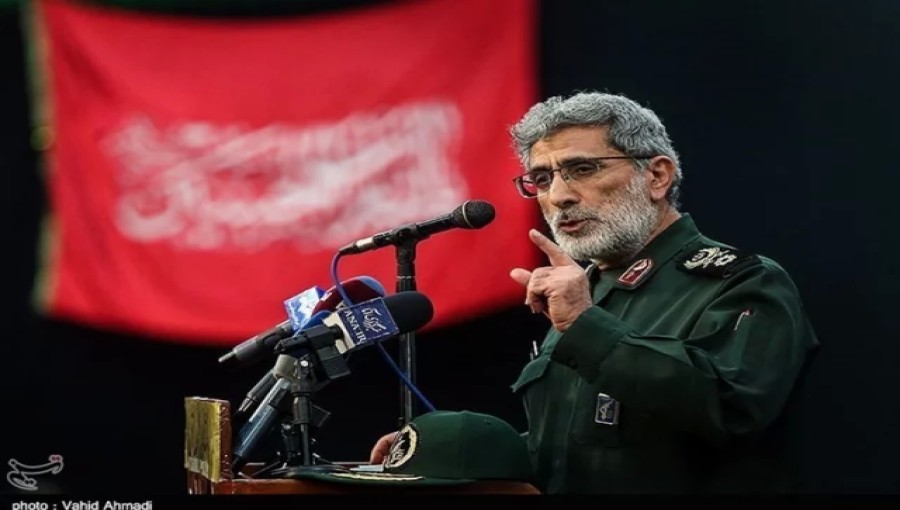
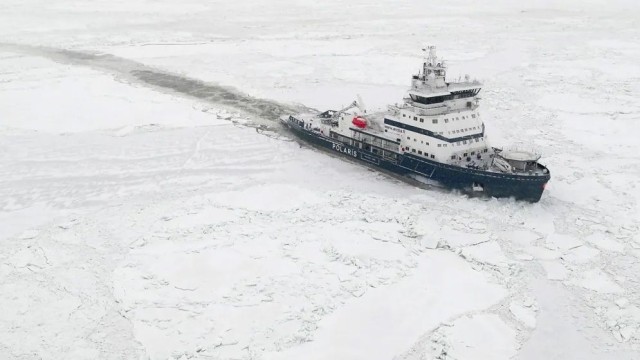
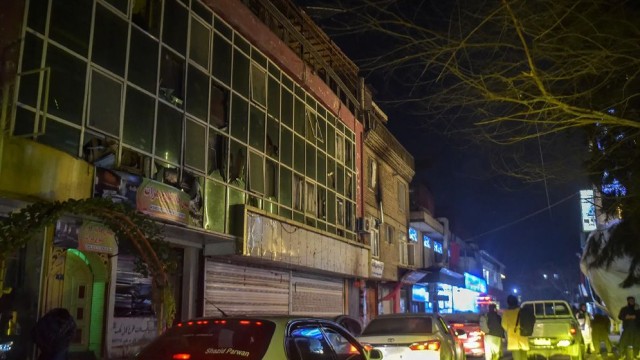
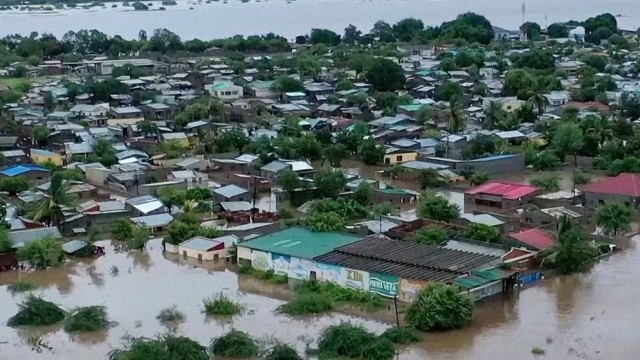
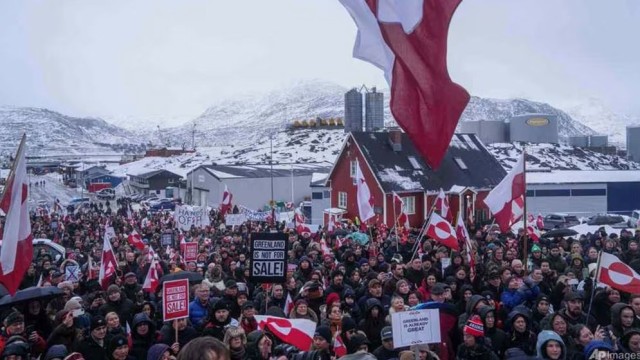
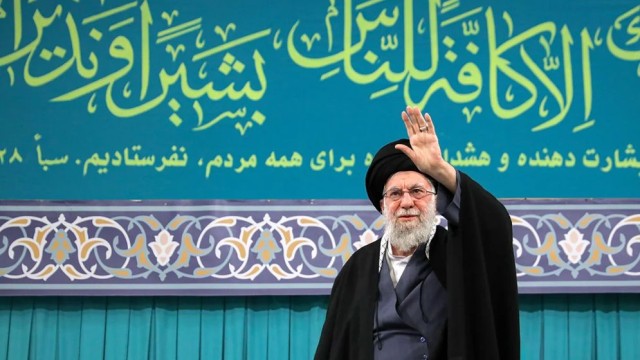
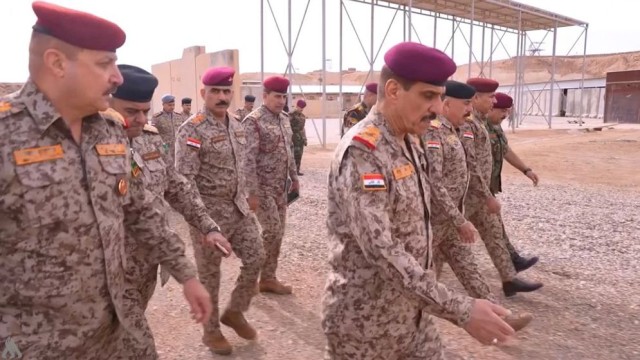
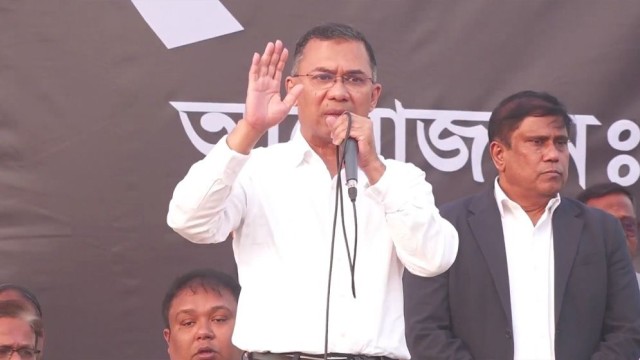
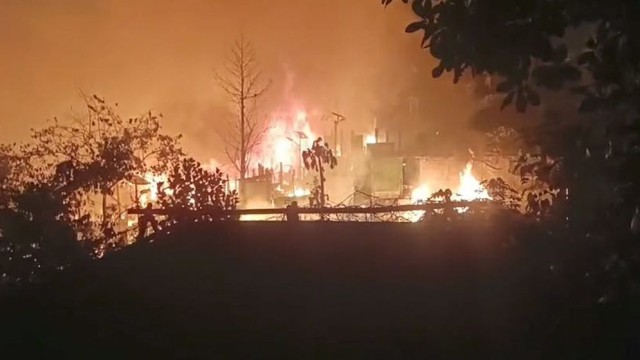


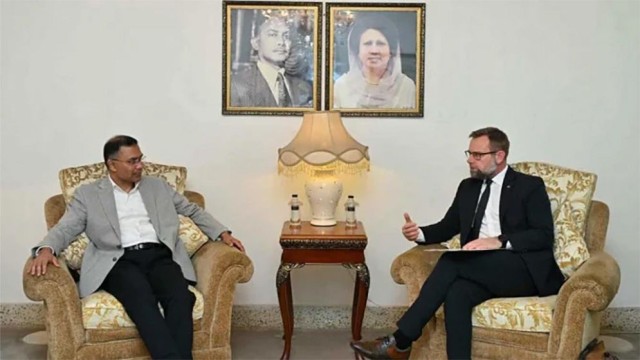
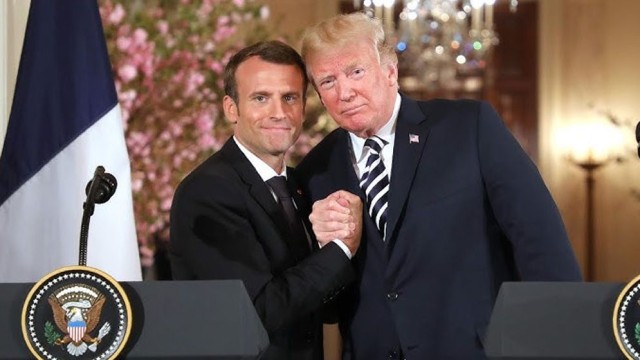
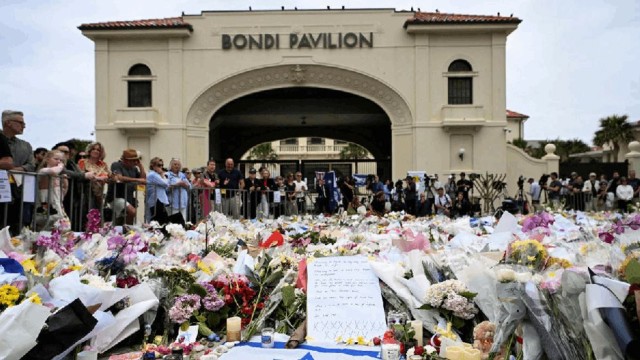
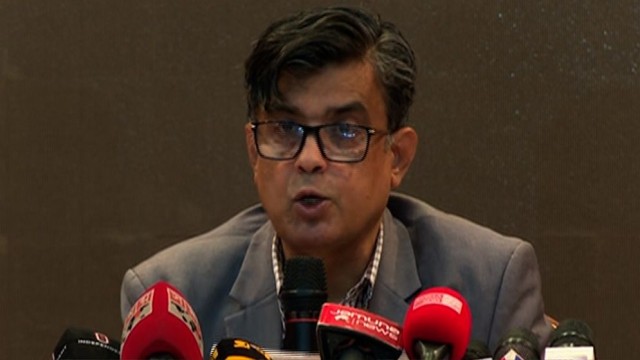
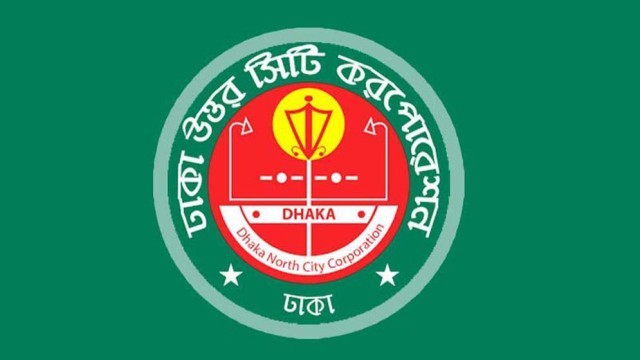
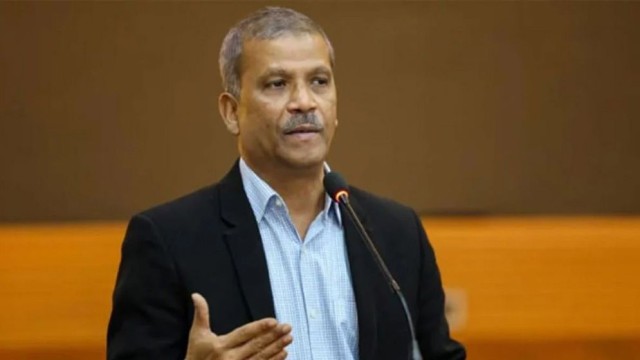





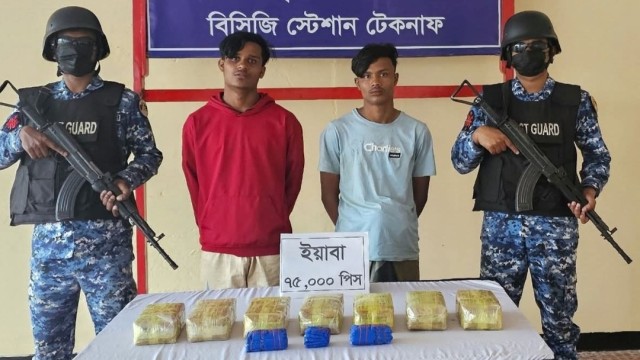

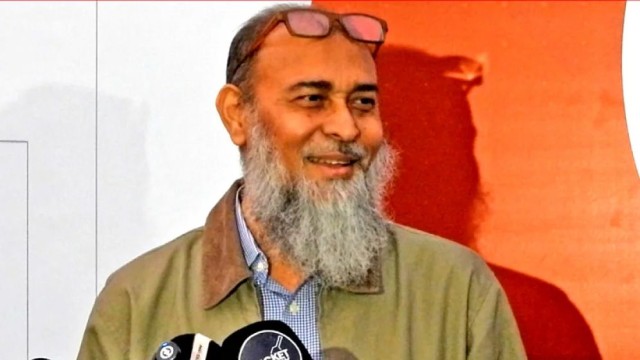
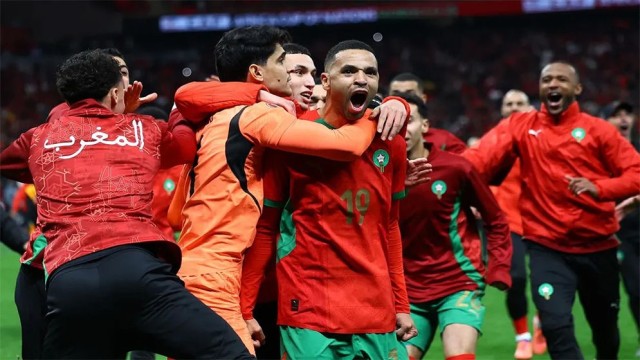
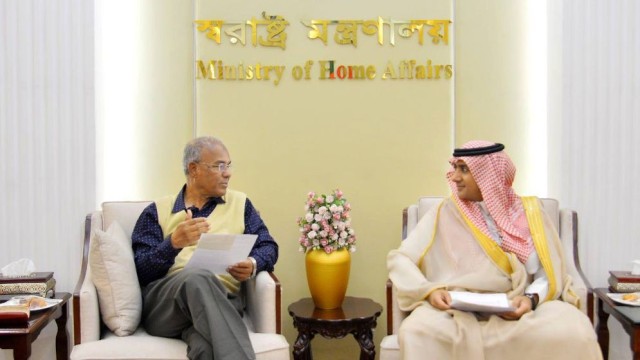

Comment: